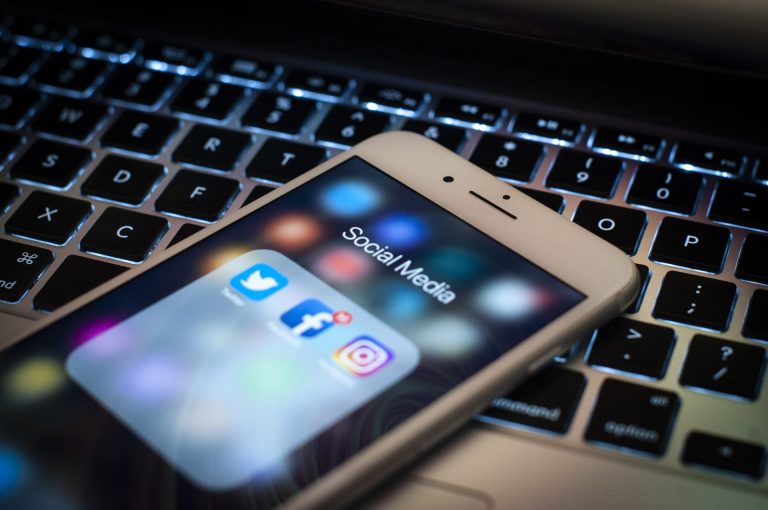A social media ban for children under 16 passed the Australian Senate on Thursday (Nov. 28). It will soon become a world-first law. Afterward, social media platforms that violate Australia’s law will have to pay millions in fees.
How Australia’s Ban Will Impact Social Media Platforms
The law will make platforms including TikTok, Facebook, Snapchat, Reddit, X, and Instagram liable for fines of up to 50 million Australian dollars ($33 million) for systemic failures to prevent children younger than 16 from having accounts. Australia’s Senate passed the bill 34 votes to 19, per The Associated Press.
Additionally, the House of Representatives on Wednesday approved the legislation by 102 votes to 13. The House has yet to endorse Senate opposition amendments, but that is a formality since the government has already agreed they will pass on Friday. The amendments bolster privacy protections. Platforms will not be allowed to prompt users to provide government-issued identity documents. That list includes passports or driver’s licenses. Moreover, they will not be able to request digital identification through a government system.
All social media platforms will have one year to devise a plan to implement the ban. After that, the government will start enforcing penalties.
Meta Reacts To Ban
Meta Platforms, which owns Facebook and Instagram, said the legislation had been “rushed.” Digital Industry Group Inc., an advocate for the platforms in Australia, said questions remain about the law’s impact on children, its technical foundations, and its scope. DIGI managing director Sunita Bose spoke in a statement.
“The social media ban legislation has been released and passed within a week and, as a result, no one can confidently explain how it will work in practice – the community and platforms are in the dark about what exactly is required of them,” Bose said.
The platforms had complained that the law would be unworkable and urged the Senate to delay the vote until at least June 2025, when an evaluation on age and impact will be completed.
“Naturally, we respect the laws decided by the Australian Parliament,” Facebook and Instagram owner Meta Platforms said in a statement. “However, we are concerned about the process which rushed the legislation through while failing to properly consider the evidence, what industry already does to ensure age-appropriate experiences, and the voices of young people.”
Arguments Against The Ban Say THIS
Critics of Australia’s legislation fear that banning young children from social media will impact the privacy of users who must prove they are older than 16.
While the major parties support the ban, many child welfare and mental health advocates are concerned about unintended consequences.
Some think legislation was rushed through Parliament without adequate scrutiny. Others claim it is ineffective, poses privacy risks for all users, and undermines parents’ authority to make decisions for their children.
Opponents also argue the ban would isolate children, deprive them of the positive aspects of social media, drive them to the dark web, discourage children too young for social media to report harm, and reduce incentives for platforms to improve online safety.
RELATED: Florida House Passes Bill That Would Ban Children Under 16 From Using Social Media Accounts
Associated Press staff Rod McGuirk and Kelvin Chan contributed to this report.


